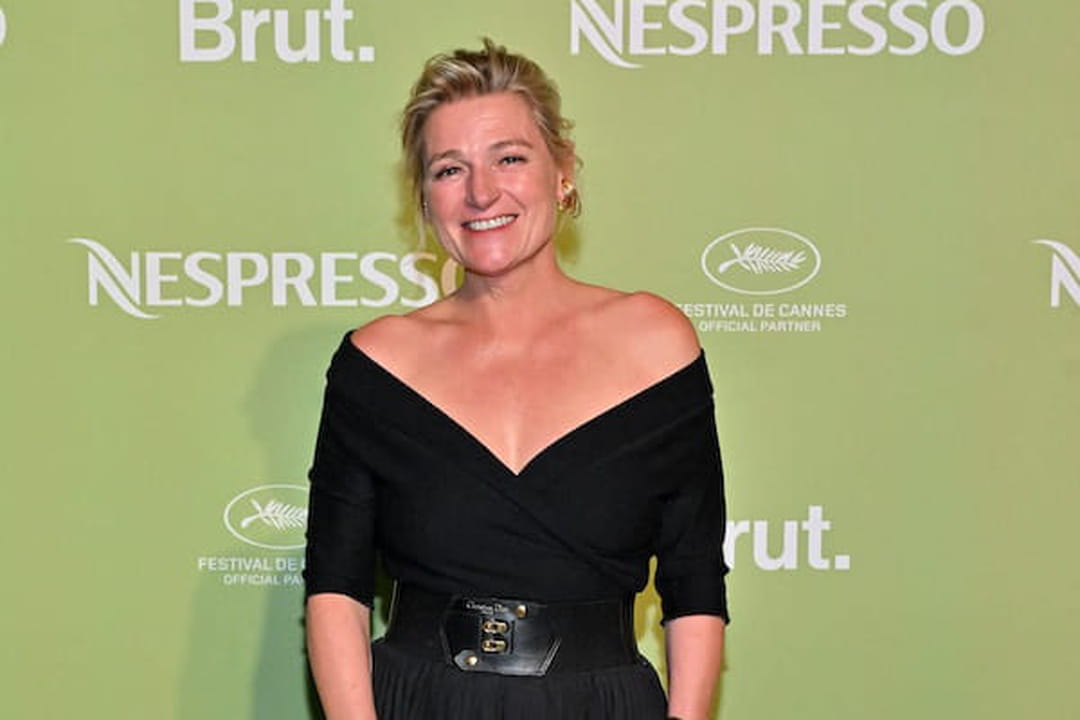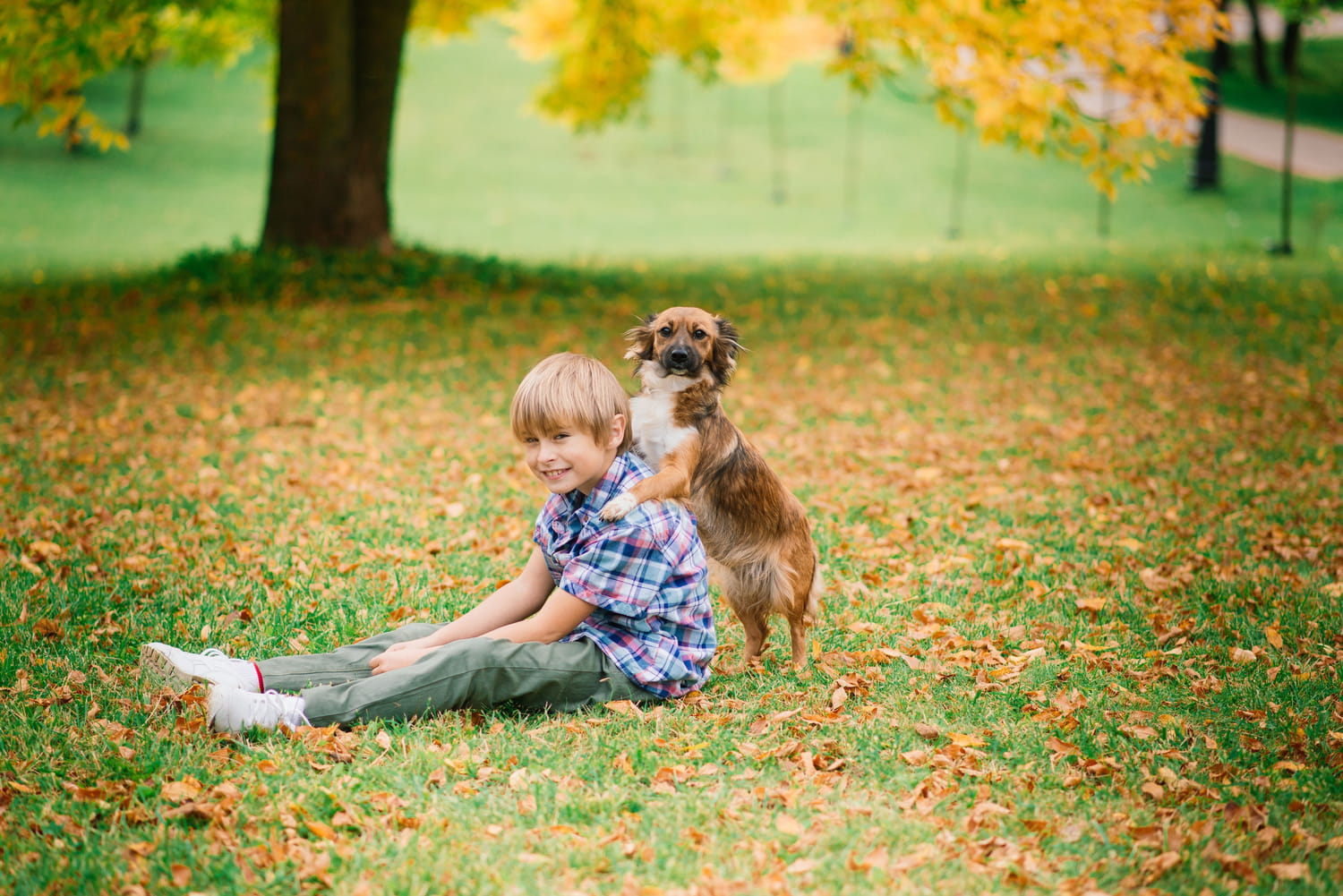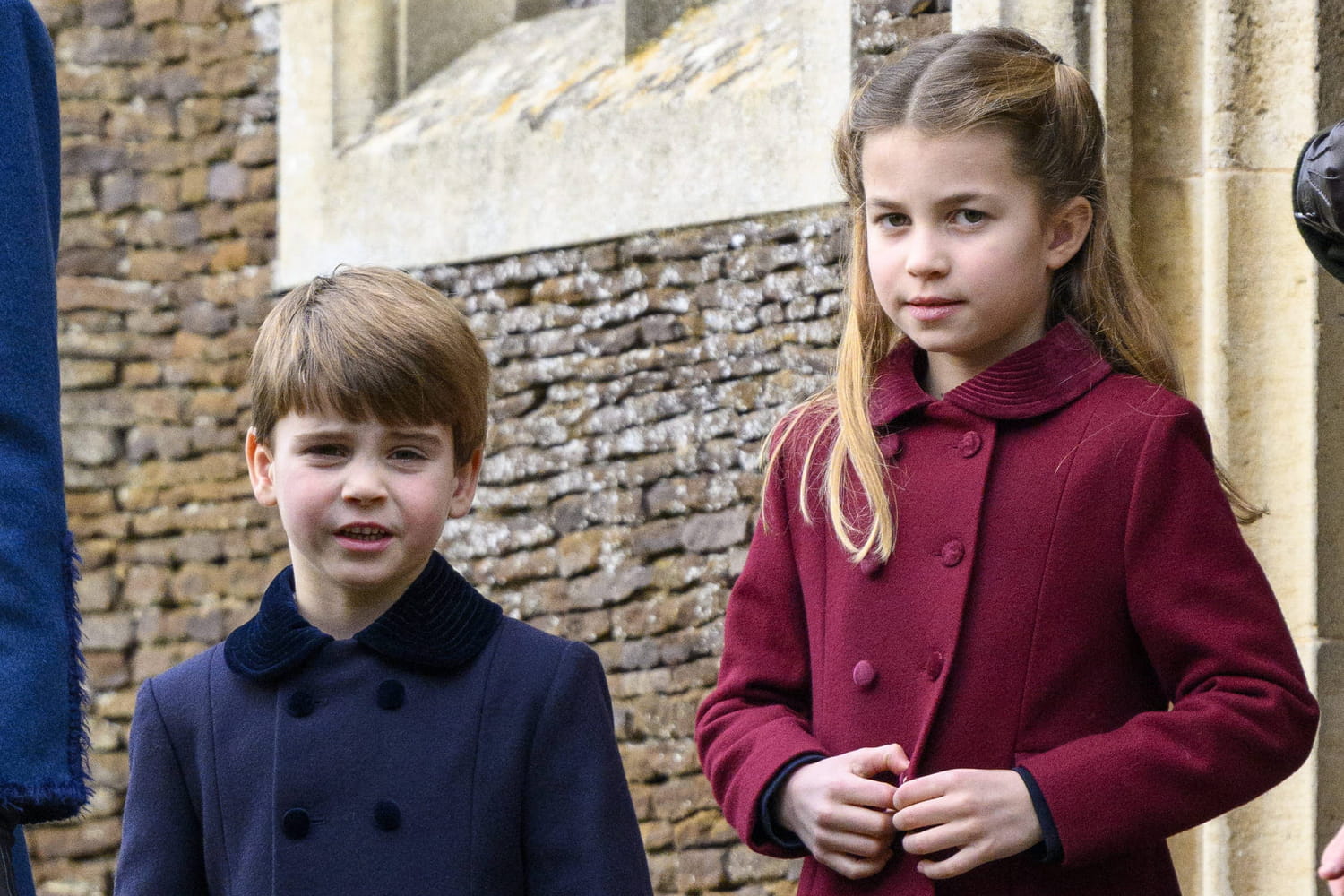It is well known that children have a special relationship with animals, especially when they were already part of the family when they were born.
Obviously, there is the terrifying legend of the jealous cat who suffocates the baby by lying on him or the dog who cannot resist temptation and devours this tender prey, but, generally, animals welcome this new member with great attention. They immediately perceive its fragility, so it must be protected. Some time later, the baby became more independent, he moves, he babbles and it seems natural to him to be faithfully accompanied by this person who does not look like the others, but who lives in the same house, who is much smaller, but much faster in his movements, while the baby still drags himself laboriously on his roughly coordinated arms and legs.
The essential lies in what is not apparent: language. It is customary to say “all it lacks is speech” when speaking of the animal which shares the existence of a family with its intense presence, but we add that it knows how to make itself understood very well, especially dogs, the speech of cats sometimes remaining completely hermetic. The young child, too, does not use words to make himself understood. At one year old, even the most gifted among them painfully say a few isolated words, juxtaposed to express the essential, this poverty of vocabulary does not hinder them at all from communicating with the animal. They understand each other well beyond words, it is a perfect understanding, devoid of any misunderstanding, since it could not be otherwise. Playing together, sleeping and dreaming in the same movement does not surprise any of the protagonists: they share the same territory in the purity of the first mornings of the world.
A friendly and trusting exchange
The parents are satisfied and reassured: if something unusual happens, the animal will come and warn them and they have read that being around animals increases resistance to microbes in young children, they will also be less sensitive to allergens. They also read the opposite, but they prefer the first version. When the animal arrives in a family, its arrival fills the children with happiness. Almost every child wants an animal ; for some, they have the experience on vacation with their grandparents who live in a house with a garden, but often this animal is old, it has its habits and the irruption of disturbances interferes with its routine. He rather envies the dog or the cat that he sees at his friends’ house, when he notices the pleasure that everyone takes in each reunion, even when the separation has been very brief and is usual, the children generally going to school every day. He is ready for all compromises : he will know how to maintain the cat’s litter box and take care of the supply of his food, he will take the dog out, he will brush these animals. In good faith, he undertakes to keep his word. Subsequently, there is no shortage of excuses: for once the upcoming test in class offers some usefulness, because preparing it requires total and absolute attention… Organizing a friend’s birthday will occupy his free time, he has a very complex role to remember for the school party, he is cold, he has chills, he does not feel well.
The child who desires an animal so intensely sees above all what he will gain: finally someone to whom he will not need to explain with clumsy words what he felt, it will never be the exact description of his emotions, he would even risk appearing ridiculous if he tried. We have never seen an animal find a human ridiculous or stupid.. It’s good for those who linger on words, while a loving tweet is perfect. Tirelessly repetitive games, which adults force themselves to play because the child seems to find extreme pleasure in them, equally delight the animal which seems to adore being fooled by a simulacrum: it runs after balls and brings them back faithfully, it deploys intense efforts and jumps with admirable precision to catch a toy which it pretends to take for a mouse or a bird. It would seem absurd to think that a sort of dialogue takes place in these games: everyone is there for the other, they respond to the expectations of the other. It is a good illustration of the joy of friendly and trusting exchange.
We can still wonder about the depth of the exchange when it concerns a rabbit, whose range of expressions would be more limited, or a fish which knows how to recall its existence by participating as much as it can through the glass walls of its home. The guinea pig with its warm, muscular little body has a real presence, but cats and dogs remain full-fledged people within a family. The afflicted child will cry “into” the cat or dog who then shows unparalleled patience.
Terrible grief when the animal disappears
It is an ordered universe which cannot last forever: adults know that animals live less long than them, from the start, they prepare for this disappearance, but the child, accustomed to living with a companion of his own age, receives a terrible shock when the latter disappears. He could see him getting older, becoming slower and less flexible, avoiding too big jumps, but their love remained intact. Children experience real depression when they realize that their lifelong friend is going to leave.parents deploy all their talents to maintain this net of life which is extinguished simply to gain a few days. They themselves are saddened, especially if they experienced similar bereavement in their childhood. Sometimes this mourning awakens the memory of an even more serious mourning, when a child in the family had disappeared. They had witnessed, helplessly, the grief of their parents, they had felt this absence deeply without knowing very well what their place would be from now on. It even happens that parents never recover from this immense pain, as if the missing child had a much greater value and such importance that the children who remain will never be able to fill this void. This time, it is their child who seems to consider that nothing will ever fill this feeling of irreparable loss.
Other parents, who have never experienced these tragedies, do not understand the suffering of their child: we will get another dog, another cat, and everything will be as before, especially since baby animals are adorable if we do not take into account the more difficult moments of their education, but no one will be able to replace the missing friend and the secret dialogues between their two hearts.
Tips: Living with an animal changes the mindset of children, it gives them the opportunity not to be selfish and to constantly think about the well-being of their friend. It creates special bonds that will shape the personality in a subtle way, leaving an imprint for life. Accepting one’s disappearance is also part of learning life, but we must not underestimate the depth of the grief of someone who loses their closest friend.







